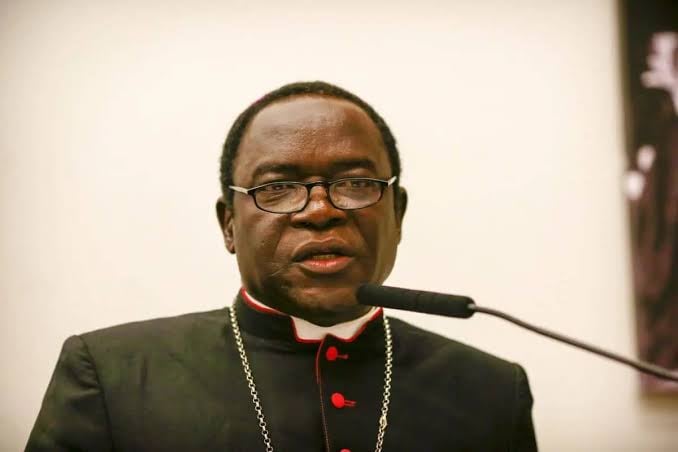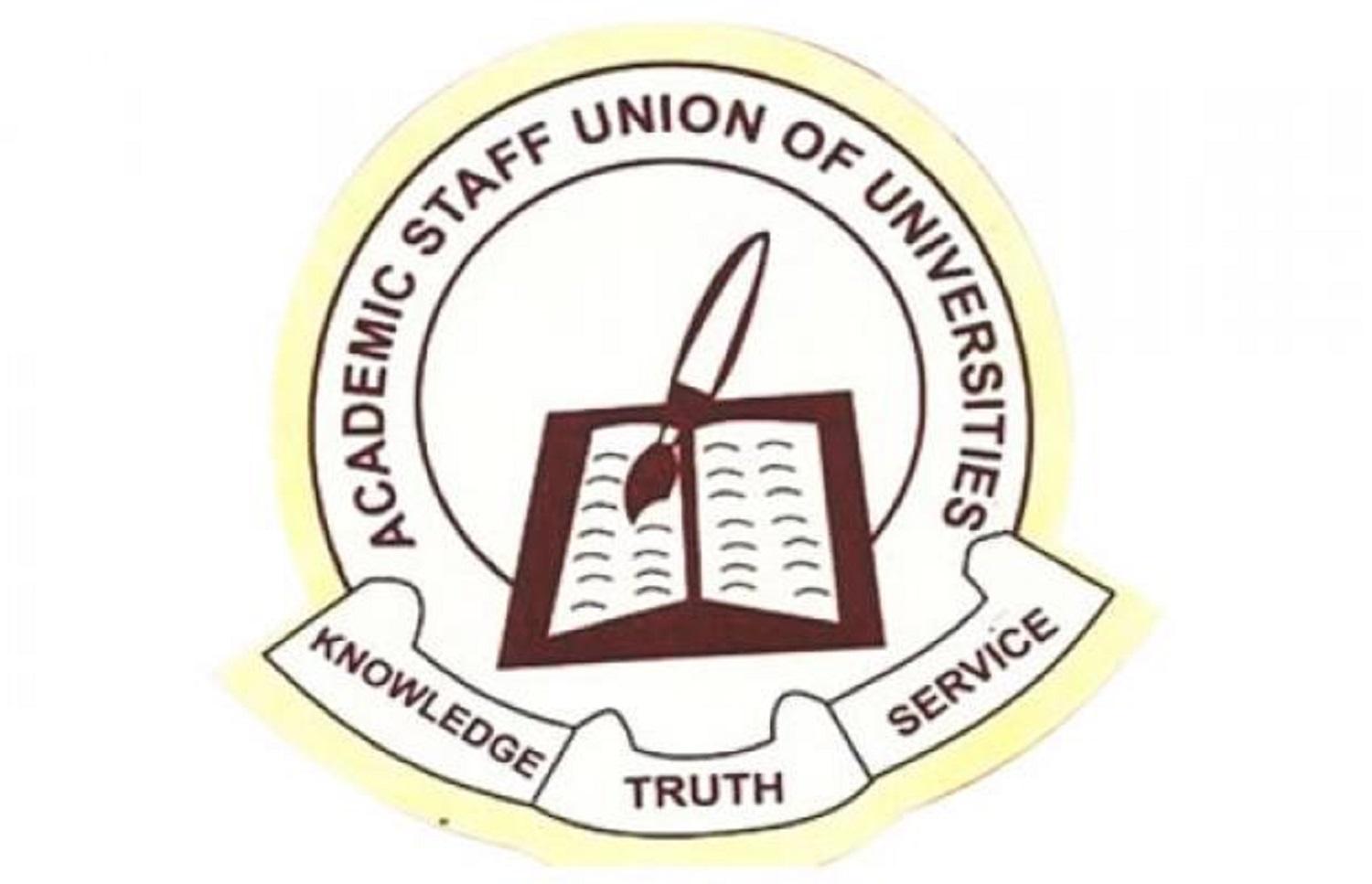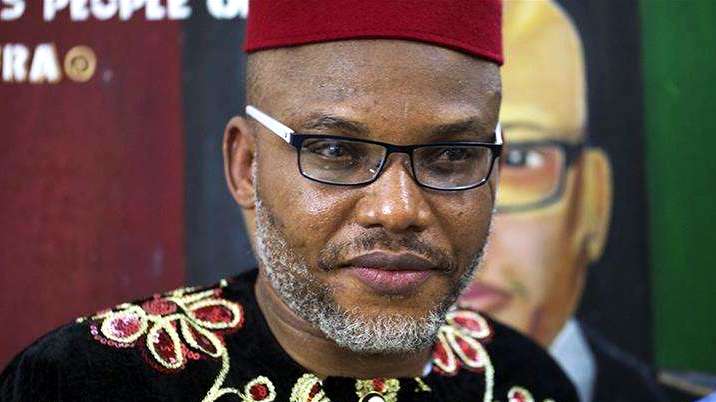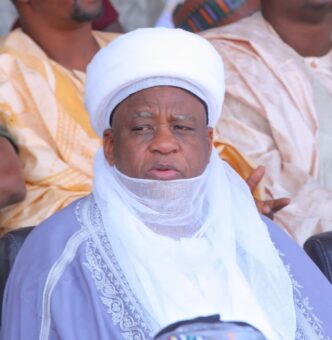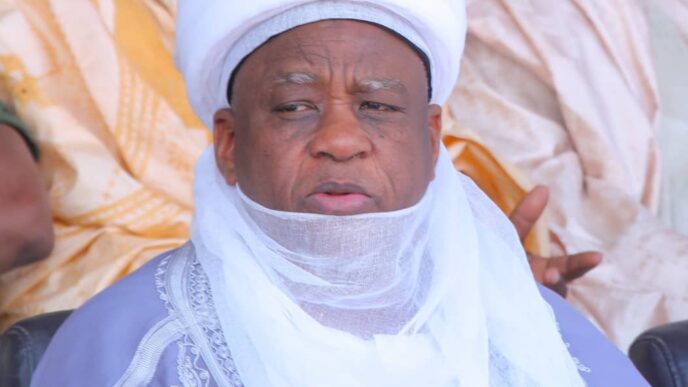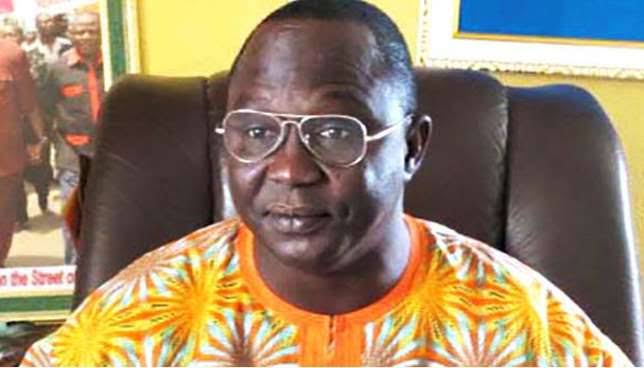Catholic Bishop of Sokoto Diocese, Matthew Hassan Kukah, has appealed to the United States government not to redesignate Nigeria as a Country of Particular Concern (CPC), warning that such a move could heighten religious tensions and undermine ongoing peace efforts.
Gatekeepers News reports that Kukah made the appeal on Tuesday during the launch of the Aid to the Church in Need (ACN) 2025 Religious Freedom in the World report, held at the Augustinianum Hall in Vatican City.
The Country of Particular Concern designation is used by the US government to identify nations that engage in “systematic, ongoing, egregious violations of religious freedom.”
In recent months, several US lawmakers have urged President Donald Trump to reimpose the CPC tag on Nigeria and consider sanctions over alleged persecution of Christians. Senator Ted Cruz, for instance, has proposed legislation aimed at protecting what he described as “persecuted” Christians in Nigeria. The Nigerian government, however, has consistently denied any systematic targeting of Christians.
Nigeria was first placed on the CPC list in 2020, during Trump’s first term, but the designation was later lifted by the Biden administration in 2021.
‘CPC Will Hurt Ongoing Peace Initiatives’
Bishop Kukah cautioned that reinstating Nigeria on the CPC list could derail ongoing national and interfaith efforts to address insecurity and religious tensions.
“I do believe that today, acts of impunity still persist, but it is my view that redesignating Nigeria a Country of Concern will hurt the initiatives we are working on with the current government to collectively resolve the nagging problems of, first, the persecution of Christians and, of course, the larger issues of ending the mindless killings of our citizens,” he said.
He stressed that many Nigerians feel “vulnerable and unprotected irrespective of their faiths, ethnicity or social classes,” adding that the administration of the late former President Muhammadu Buhari represented “the worst phase in the history of interfaith relations in Nigeria, especially relating to violence against Christians and their exclusion from power.”
Kukah commended President Bola Tinubu’s administration for steps taken to rebuild trust, even though the country’s challenges persist.
“Designating my country, Nigeria, a Country of Concern will only make our work in the area of dialogue among religious leaders in our country and elsewhere with the Nigerian state even harder,” he warned.
“It will only increase tensions, sow doubt, open windows of suspicion and fear and simply allow the criminals and perpetrators of violence to exploit.”
‘Nigeria Needs Vigilance, Not Sanctions’
Kukah urged international bodies and civil society organisations to intensify efforts toward ending impunity rather than pushing punitive designations.
“What Nigeria needs now is more vigilance by organisations such as the ACN and civil society groups to continue to press for change and to deliberately work to end impunity,” he said.
He also criticised past US administrations, accusing them of mishandling Nigeria’s fight against terrorism.
“I believe that the Obama and Biden administrations were complicit in the way they handled the fight against Boko Haram under the presidency of Goodluck Jonathan. The country was already making progress,” he said.
“The decision to block Nigeria’s access to the required weapons to end this violence by the Obama administration and their drive to impose President Buhari on Nigeria pushed back this fight.”
Appealing directly to former President Trump, Kukah urged Washington to support Nigeria’s military campaign against violent extremists.
“I therefore appeal to President Donald Trump, who is already working hard to show that a peaceful world is possible with his historic achievement in the Middle East, to lift the ban and allow Nigeria access to the military tools it requires to free our country from the stranglehold of these evil men,” he said.
“I believe this will set us on a course to end the violence that extremist groups and merchants of death have inflicted on us.”


